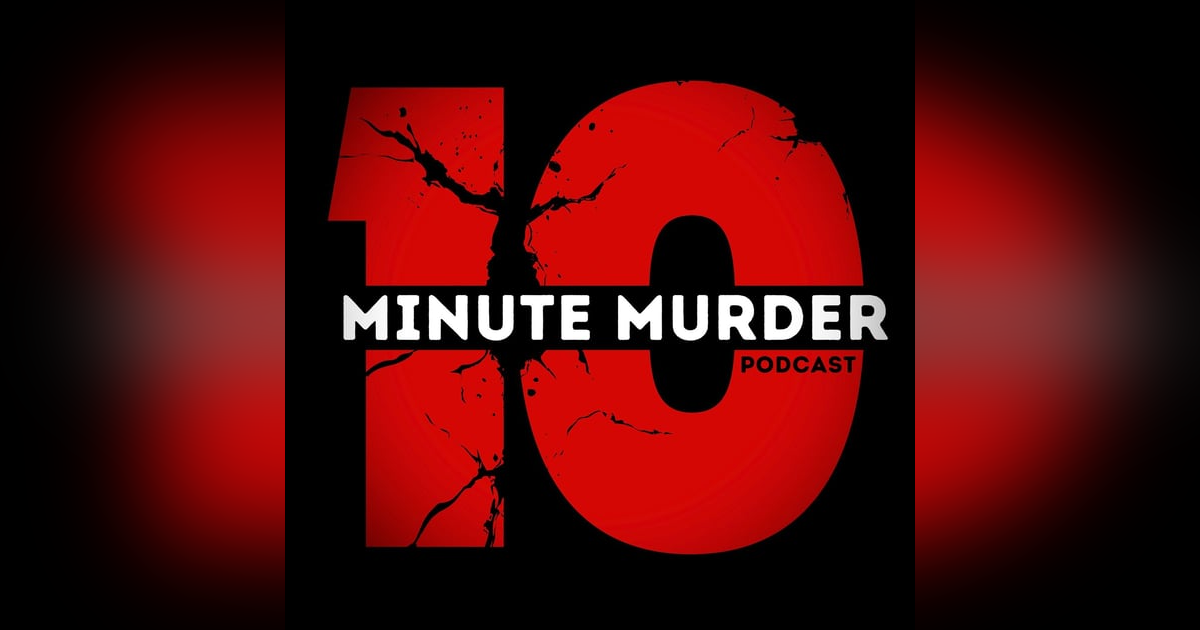The Tragic Events of July 6, 2016, in Robbinsdale, Minnesota
On July sixth, 2016, something tragic and incredibly heartbreaking happened in Robbinsdale, Minnesota. News of this terrible ordeal traveled like wildfire and eventually brought the whole state, some would even argue the whole country, to its knees.
Who Was Philando Castile?
It all starts with Philando Divall Castile. Philando was thirty-two years old at the time of this case. Originally from St Louis, Missouri, Philando had since moved to Robbinsdale, where he worked for the Saint Paul Public School District. Philando was in nutrition services, meaning that he would help monitor and adapt school meals and prep to tailor to children’s needs, but that wasn’t all that he did. Philando was known to quietly pay for students' meals at school, doing his best to make sure that no child went home hungry at the end of the day.
The Routine Evening That Changed Everything
On the evening of July sixth, 2016, he was on his way back from an activity that was very in tune with his daily profession. Earlier, he’d been and gotten his hair cut. Then he’d had dinner with his sister and then he’d picked up his girlfriend, Diamond Reynolds, to go and do the grocery shopping. Together with them that evening, in the backseat of the car, was Diamond’s four-year-old daughter.
The Traffic Stop That Escalated
As the evening drew on, Philando caught sight of blue lights in his rearview mirror. He pulled over to the side of the street and he waited as two officers approached the car from behind. On one side was Joseph Kauser and on the other was Jeronimo Yanez. The two officers had been friends for a long time and had even graduated from the police academy at Minnesota State University together.
The Fatal Encounter: Dash Cam Footage of Philando Castile’s Shooting
Police officers in Saint Paul didn’t wear body cams at the time, but what happened next was captured forever in the dash cam of the police cruiser. It would be a harrowing forty-second encounter that would forever shape and change so many lives. Philando calmly said, “Sir, I have to tell you that I do have a firearm on me.” Philando was licensed to own and carry a firearm and thought it best to inform the officers.
The Shooting: What Dash Cam Footage Revealed
Before Philando could even finish his sentence, Jeronimo interrupted him. In seconds, Jeronimo’s composure shifted, and despite Philando’s reassurance, Jeronimo rapidly fired seven shots at Philando. Diamond screamed, “You just killed my boyfriend!” Dash cam footage revealed the heart-wrenching chaos that ensued.
Diamond Reynolds’ Livestream: The Aftermath of the Shooting
Most likely in a panic, Diamond began livestreaming the events unfolding around her, capturing the horror of Philando slumped over and moaning beside her. Jeronimo continued to shout, and Diamond pleaded for Philando’s life. Her four-year-old daughter’s chilling voice was also heard, begging her mother to stay quiet.
The Investigation and Charges
Jeronimo Yanez retold his version of events, claiming he feared for his life. However, his justification was questioned, and after a thorough investigation, second-degree manslaughter charges were brought against him. Despite the evidence, Jeronimo was acquitted after a five-day trial, but he was immediately fired from the police department.
Seeking Justice: Philando Castile's Family Files Lawsuit
Philando’s family and Diamond were determined to seek justice. They filed wrongful death lawsuits against the city and were awarded about 3.8 million dollars in compensation. Though this was little solace for their pain, it was a significant step toward accountability.
Honoring Philando Castile: Memorial Scholarship and Relief Foundation
From this tragedy came some good that reflected the true essence of Philando Castile. A Memorial Scholarship was established in his name at the school he worked at. The Philando Castile Relief Foundation was also formed to address gun violence and pay off students’ school lunch debts, just as Philando had done himself.










